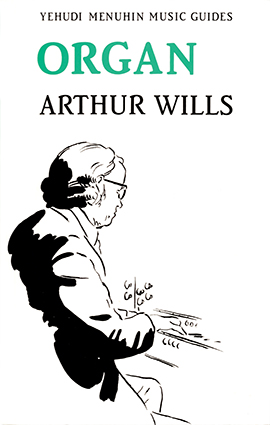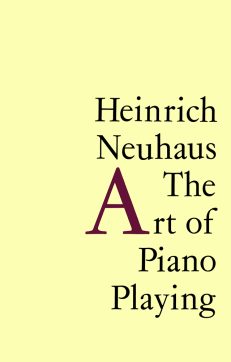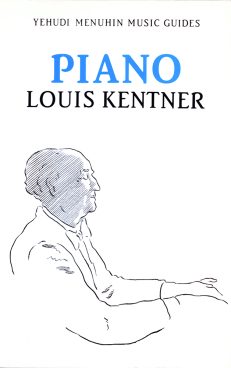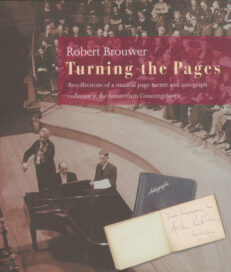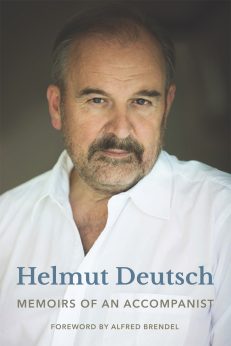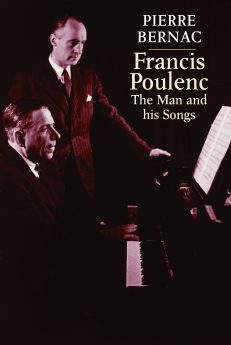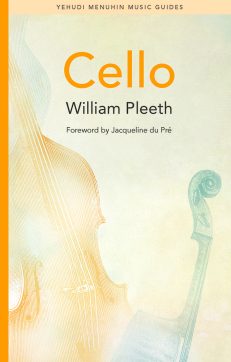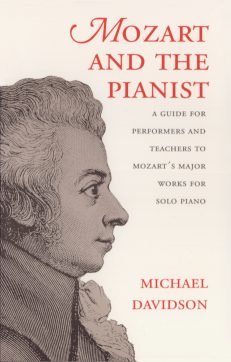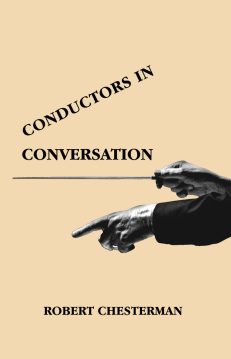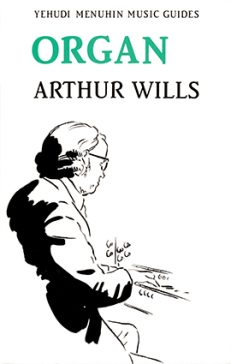Description
Starting with the earliest organ and tracing the mechanical development in parallel with the growth of its musical repertoire, Dr Wills discusses the role of the ‘king of instruments’ through the baroque period and the Romantic revival of the last century to the eclectic and museum organs of today. While not ignoring the fascination of the instrument as a ‘wonderous machine’ and the attraction of its unique aural power, the author never loses sight of the organ’s major function – the making of music. He examines its use as an adjunct to church services and as a solo, accompanimental and concert instrument surveying the contemporary repertoire and the techniques demanded by twentieth century composers.
Dr Wills writes as an organist, a composer and as a tutor guiding the student towards a correct interpretation of the organ repertoire by relating stylistic developments to the instrument’s concurrent technological advances. The organ student as well as the dedicated amateur, will find helpful the discussions of technical considerations closely linked to the spiritual and philosophical approaches adopted by each era and culture. The author suggests a logically graded and structured course of practical study with special attention to improvisation including an invaluable outline course in improvisational technique.

